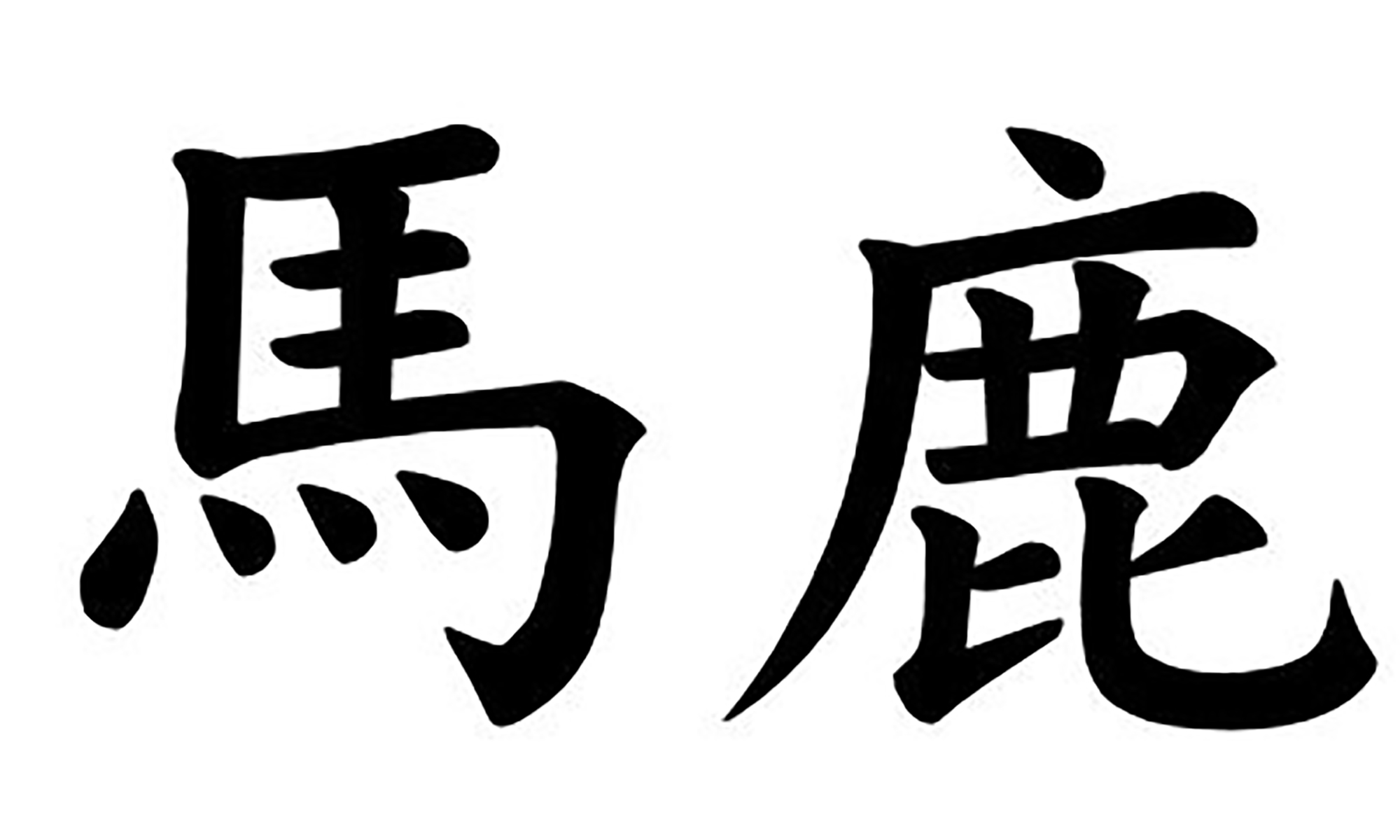Chanukah kind of amuses me.
It’s only in the last century, and I would actually say within the last 60-70 years, that it has attained faux equivalence with Christmas. It is a celebration of a military victory by a group of insurgent native terrorists, based on a non-Biblical, non-canonical book (it appears only in the Catholic Bible) that claims a miracle occurred when the Maccabees (the native terrorists) defeated the Syrian Greeks who’d defiled their Temple, and took Jerusalem back from them. It is actually unlike almost any other well-known Jewish holiday in that regard.
It is perhaps an indicator of how well-assimilated Jews have become in American culture, and particularly since the Second World War, that Chanukah is accorded that faux equivalence mentioned above. It is simply not an important holiday. It is rabbinic rather than Biblical in origin (also as noted above) and so far as I can surmise, it just gave Jews something to do in an otherwise blank section of the liturgical calendar.*
Jews in America — particularly Reform Jews — have long been concerned about the rate of assimilation and the “threat” (scare quotes intended) of the Religious Right and (rightly or wrongly) perceived attempts to convert young Jews to Christianity. Indeed, in the 1980’s, this was an expressed concern of the Union of American Hebrew Congregations (now the Union of Reform Judaism) in biennial conference assembled.** We literally were handed half-inch tomes full of information about how to combat the Religious Right, and curricula for same for our religious schools (I taught religious school at the time).
It was insanity.
But one way to combat the Christians talking our young’uns into marrying nice Christian girls and boys and converting (or becoming non-affiliated) as a result was to emphasize Chanukah as the holiday Jews celebrated instead of Christmas. And yeah, the Christian kids used to be a little jealous of the fact that we got presents for eight nights instead of just one day. But what they didn’t realize was that most of us got little stuff for seven days (like the little bags of chocolate coins, or practical things like a package of #2 pencils for school, or socks, or whatever; my sister might get strings for her guitar) and only one big thing, like they got on Christmas. Certainly in MY family we didn’t get anything particularly expensive — we were lower middle class at best.
There’s an old SF book by Isidore Haiblum called The Tsaddik of the Seven Wonders that has this great exchange in it:
I turned to the native who’d addressed us. “Mattathias around here somewhere?” I asked, casually.
“Yeah,” the native said, “you bet, buddy; he wouldn’t miss this for the world. He’s the old party with the long white whiskers over there. The one with the smile on his kisser.”
“He’s getting set to wreak a terrible vengeance,” Kittelman said. “Ever hear of Hanukkah, Tsaddik?”
The Tsaddik shook his head. “Is it something to eat?” he asked.
The Tsaddik, you understand, is from a shtetl in Poland that’s kept constantly in the year 1452. He would have known about the events and the miracle, and the fact that the rabbis ordained a festival to commemorate it, but not about the holiday we today call Chanukah, which probably wasn’t called “Chanukah” at that point (since the word “Chanukah” only means “Rededication” and not “Let’s celebrate because we kicked some Syrian Greek ass and the Temple menorah burned eight days on one day’s worth of oil”). (It should be noted that, a little later in the chapter, he reacts when Antiochus Epiphanes is mentioned by name: “Ach! You mean that terrible tyrant?” So yeah, he knows.)
And that’s pretty much how Chanukah came down to us until pretty much modern times.
So I don’t care if you say “Happy Chanukah” or “Seasons Greetings” or even “Merry Christmas”. The point is, it’s a festive season and no matter what the greeting, people ought to just smile and nod and respond in a like manner. I’ll probably say “Merry Christmas” because, doggone it, that’s what most of the people I know — including half of my family — would say.
The jerks who can’t deal with that? More pity to them if they can’t find any reason in the season.
___________________
* The next holiday is Purim, in March, another minor rabbinic holiday that has at least some canonical basis, given that it recounts the events in the Book of Esther from the Ketuvim, the third section of the Hebrew Bible. Winter is kind of sparse when it comes to Jewish holidays.
** I was a congregational delegate to the 1987 and 1989 editions.
